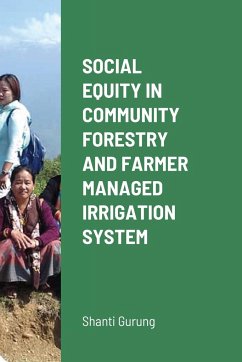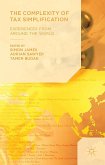The aim of this study is to identify, explain and ascertain the term "Social Equity" in the context of equal and unequal participation opportunity from different groups of society i.e. men, women, different caste groups and marginalized groups focusing in terms of decision making, equitable cost benefit sharing and equal access of resources among all user members of the Natural Resource Management groups in the Devisthan Community Forestry User Group and Parewatar Sinchai-Jal Upabhokta Samiti of Kumpur in Dhading district. Women, Dalit and other marginalized groups are motivated to participate in the management of CFUG and FMIS due to requirement of forest products and water resources and on the other hand they are required to include in executive committee due to the requirement of government. Participation of women, Dalit and marginalized groups should be ensured in every activity of community forest management and farmer managed irrigation system, and male members in the society should be supportive by creating favorable environment to the women. The protection and management responsibilities of forest and irrigation should be entrusted to these groups to make them fair participation in any kind of opportunities. Education, employment opportunities and independent income could make them conscious about forest and irrigation and its protection and bring concept of equal participation in every sector of natural resources. However, it is rather difficult to involve these groups in forest and irrigation management. It requires making them optimistic and confident about the benefits of future through their forest and irrigation based income generation activities. It is necessary for women to think that forest and irrigation system is their source of income and the responsibilities of its protection and management rest on their hands. Presence of women looks attractive in the eyes of government and other social activist.
Bitte wählen Sie Ihr Anliegen aus.
Rechnungen
Retourenschein anfordern
Bestellstatus
Storno








